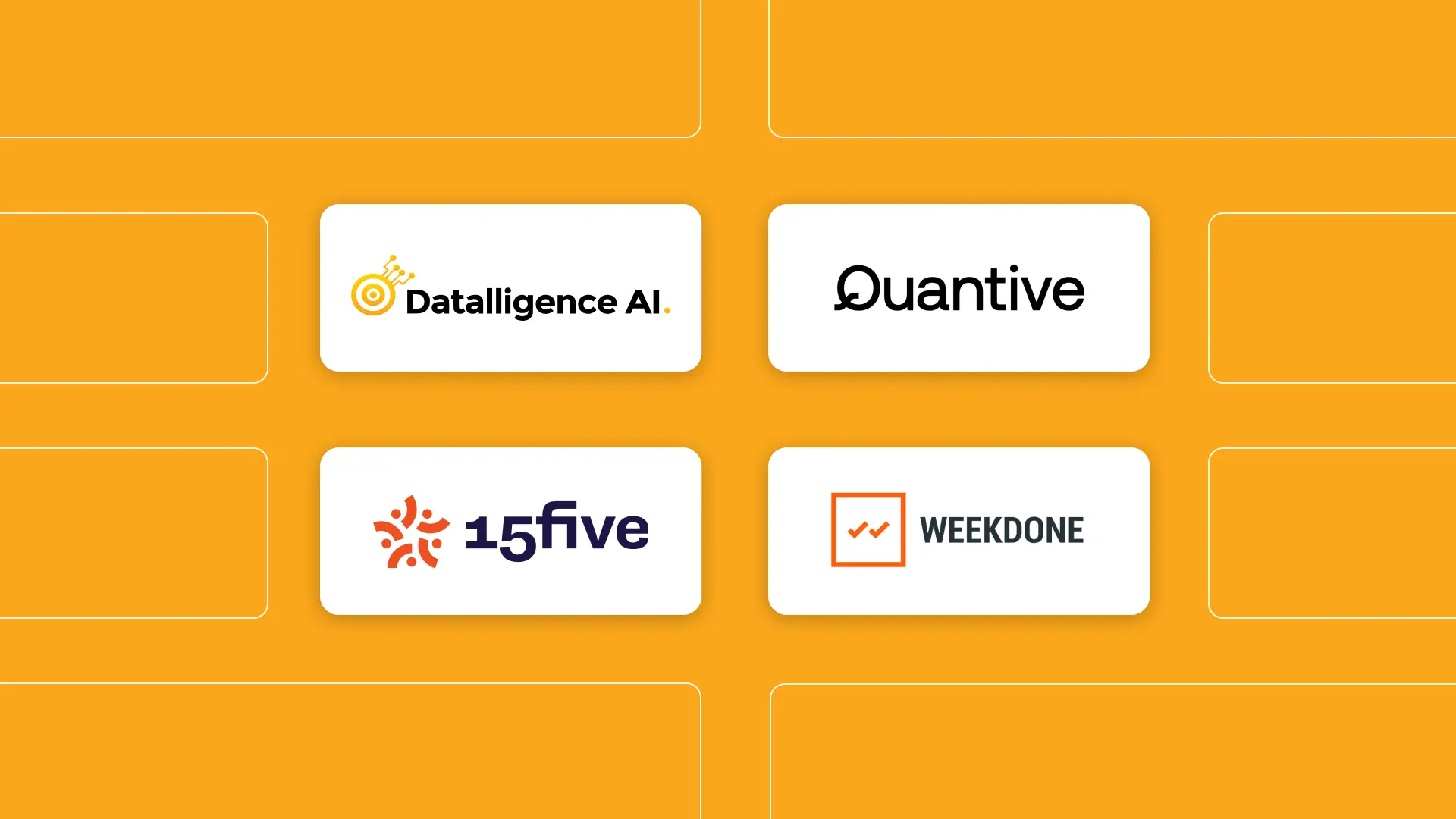Performance Management is a common phrase that is used by many businesses to evaluate their employees based on their performance. It is the most important aspect of the business but also the most bureaucratic process and time-consuming which is forced HR and managers to carry out the performance management process.
However, despite its importance, performance management systems often fail to achieve their intended outcomes.
The biggest reason is that everybody is managing the wrong thing. They’re focusing on individual performance when they should be focusing on team performance.
Sit down and think about it, at many companies, employees and departments usually have their metrics, and no one expects them to care much about the rest of the organization.
Individuals are driven by their motives and goal. Collaboration between departments vanishes. Knowing they will be going against their co-workers; employees feel relucent to share any information or knowledge.
This performance management usually tends to fail because of the biasness and employees who failed contribute or hit the performance mark end up leaving because they don’t like the performance-driven culture.
In this blog, we shall go through why performance management fails.
Major Reasons for performance management failure
Despite the importance of Performance Management, many organizations struggle to effectively implement a Performance Management system. There are several reasons why Performance Management can fail, including:
1. Lack of clear goals and objectives:
One of the key components of a successful performance management system is setting clear, measurable goals for employees. Without well-defined goals, it can be difficult for employees to know what is expected of them and how they should prioritize their time and efforts. This can lead to confusion and a lack of motivation, resulting in poor performance.
2. Infrequent feedback:
Performance management should not be a once-a-year event. Employees need regular feedback to understand how they are performing and what they need to do to improve. This can include both positive feedback to reinforce good performance, as well as constructive feedback to help employees identify areas for improvement. However, if feedback is not provided regularly or is not given in a supportive and constructive manner, it can be demoralizing for employees and may even lead to a decrease in performance.
Do you know why the Annual Performance reviews never work? Follow this link to see why.
3. Insufficient support and resources
In addition to setting goals and providing feedback, it is also important for organizations to provide employees with the necessary resources and support to be successful in their roles. This can include training and development opportunities, access to necessary tools and equipment, and a positive work environment. If employees do not have the support they need, it can be difficult for them to perform at their best.
4. Insufficient training and development:
Employee performance can be improved through training and development programs. If these programs are not in place or are insufficient, it becomes difficult for employees to improve their skills and performance.
5. Infrequent or unfair appraisals:
Employee appraisals are an important part of performance management, as they provide an opportunity for employees to receive feedback on their performance and set goals for the future. However, if appraisals are infrequent or unfair, they can create resentment and frustration among employees. This can lead to a lack of motivation and engagement, which can ultimately result in poor performance.
6. Lack of transparency:
If performance management processes are not transparent, it can lead to confusion and mistrust among employees. It is essential to communicate the process and criteria clearly to ensure transparency.
7. Dependence on performance management software:
While performance management software can be useful in tracking and measuring employee performance, it should not be the sole source of evaluation. It is essential to consider other factors, such as team dynamics and personal development, in the performance evaluation process.
8. Inflexibility:
Performance management should be flexible enough to accommodate the changing needs of the organization and the employees. If it is too rigid, it may not be able to address the changing needs of the organization and employees, leading to a decline in performance.
How and Where does OKR come into play

One such method that organizations are using to improve performance management is OKR (Objectives and Key Results).
OKR is a powerful goal-setting framework that helps organizations in aligning their goals with their employees’ objectives. It consists of two components: Objectives and Key Results. Objectives are broad, qualitative statements that outline the overall direction an organization wants to take. Key Results are specific, quantitative measures that track the progress toward the objectives.
OKR helps in performance management in the following ways:
1. Clearly defined goals:
OKRs help in setting clear and measurable goals for employees. It ensures that everyone in the organization knows what is expected of them and what they need to achieve. This helps in increasing employee engagement and motivation as they have a clear direction to follow.
2. Continuous feedback:
OKRs provide regular feedback to employees on their progress toward achieving their goals. This helps in identifying areas of improvement and providing necessary support to employees. This can also help us identify future roadblocks that may arise.
3. Alignment with organizational goals:
OKRs help in aligning employee goals with the overall goals of the organization. This ensures that every employee is working towards a common goal and contributes to the success of the organization.
4. Collaboration and transparency:
OKRs encourage collaboration and transparency within the organization. Employees are encouraged to share their progress and provide feedback to each other, leading to a culture of continuous improvement.
Conclusion:
In conclusion, performance management often fails due to a lack of clear goals, infrequent or ineffective feedback, inefficient employee appraisal processes, and a lack of alignment with company goals. Implementing OKRs can be a solution to these issues as it helps to align individual and team goals with the overall goals of the organization and allows for regular review and revision. Talk to our experts and coaches to gain more insights and grow your business or try Datalligence for “free”.











